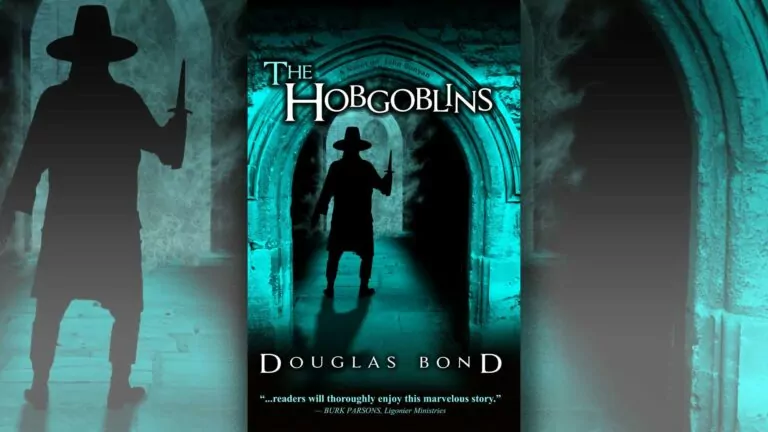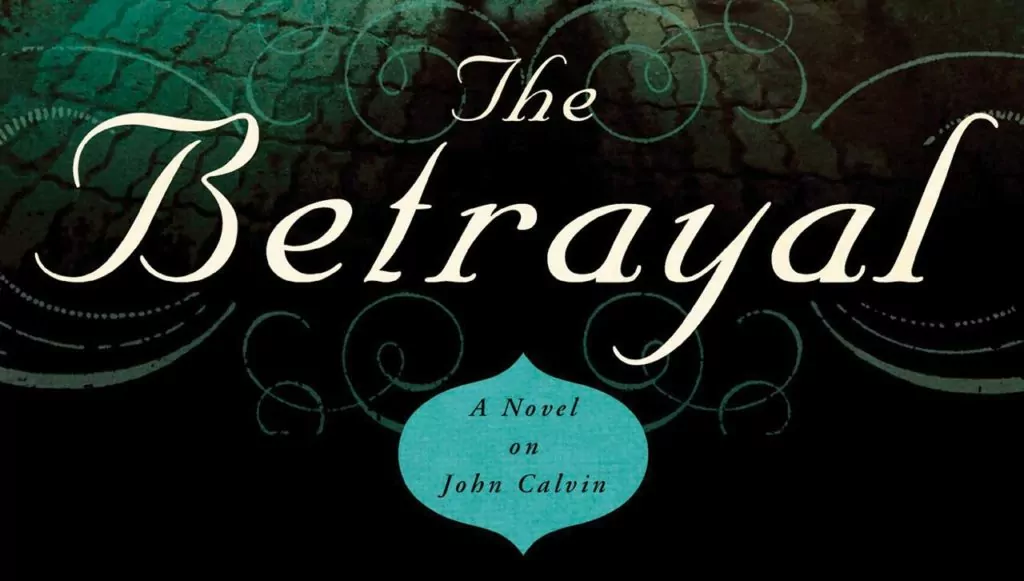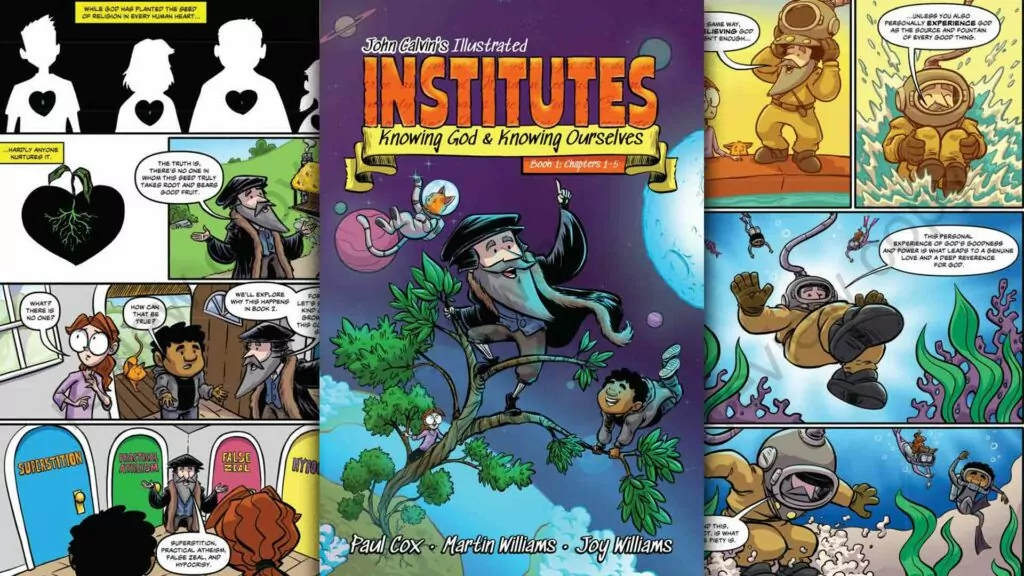by Douglas Bond
2020 / 268 pages
Rating: GOOD/Great/Give
There are people who carry out such heinous acts and live such immoral lives that we’d think, surely they could never be saved. And in 17th-century England, many would have thought that about the young John Bunyan. Yes, this is the same Bunyan who penned the most famous Christian allegory in history, Pilgrim’s Progress. But the man he became is not how he began.
In Bond’s remarkable Hobgoblins, we are transported back to Bunyan’s early years. His friend Harry Wylie is the narrator, and was one of Bunyan’s partners-in-crime, however unwilling. Wylie witnessed firsthand Bunyan’s immoral lifestyle: from stealing boats to blasphemous tirades, Wylie was there for it all.
It was no doubt a shock for Wylie to watch this same man move from an unsaved blasphemer to:
- a fledging Christian who was utterly convinced that his past sinful life disqualified him from God’s saving grace.
- a despairing Christian convinced that his wife’s death was a punishment from God.
- a comforted Christian realizing that Christ’s blood covers all.
- a bold preacher spreading the Good News
- a pastor imprisoned for spreading the true Gospel
Bunyan had many opportunities to gain his freedom by promising the authorities he’d stop preaching, but each time Bunyan refused. This refusal resulted in over a decade in prison apart from his wife and four young children. Would we have the same convictions?
Although the author does a terrific job weaving a cohesive narrative of Bunyan’s life, readers should note this is a fictionalized history. The major events are true but much of the narrative has been imagined to allow this story to be told.
I really enjoyed this book. Bunyan’s life is a reminder to all Christians that however heinous or wicked someone may be, they are not beyond the saving power of Christ. Bunyan, however unworthy he may have thought himself to be, was one of Christ’s lost sheep that was found and returned to the fold.












